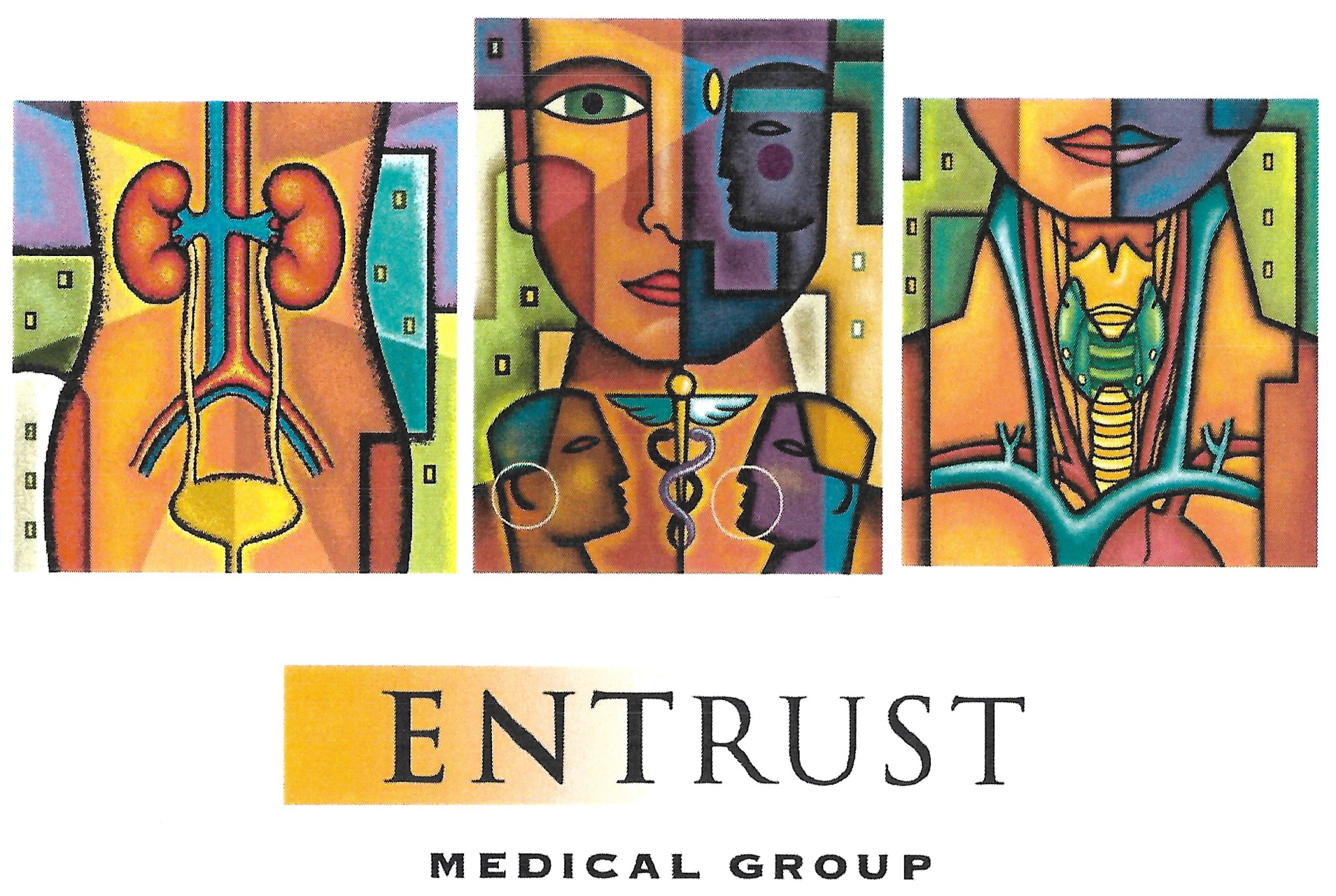Gastroesophageal Reflux Disease / GERD
What is it Gastroesophageal reflux disease?
Gastroesophageal reflux disease (also known as "acid reflux") occurs when the stomach contents back up into the esophagus and/or mouth. In contract, dyspepsia is characterized by brief and episodic epigastric
RISK FACTORS AND DIAGNOSIS
Who is at risk for Gastroesophageal reflux disease?
Risk factors for GERD include hiatal hernia, obesity, pregnancy, lifestyle factors & medications (such as fatty foods, chocolate, and peppermint), caffeine, alcohol, and cigarette smoking), H. Pylori infection.
How do I know if I have Gastroesophageal reflux disease?
The most frequent symptoms of GERD include heartburn (sensation of burning in the center of your chest/throat which usually occurs after meals), regurgitation, stomach pain, sensation of lump in throat (globus sensation), worsening nighttime cough, metallic taste in the mouth. If symptoms progress it can lead to difficulty swallowing, hoarse voice, nausea/vomiting.
In contrast, people with gastroesophageal reflux disease (GERD) experience bothersome symptoms or damage to the esophagus as a result of acid reflux. Symptoms of GERD can include heartburn, regurgitation, and difficulty or pain with swallowing.
The diagnosis of GERD is based on your symptoms.
PREVENTION
What can I do to prevent Gastroesophageal reflux disease?
Specific Lifestyle modifications are recommended to reduce the frequency and severity of your symptoms. These include losing weight (if you are overweight), raising the head of the bed six to eight inches, avoiding foods that trigger your symptoms, quitting alcohol & tobacco Use (if indicated). Patient have also found success with avoiding late meals.
TREATMENT
Can gastroesophageal reflux disease be treated with medications?
GERD is treated with antacids, histamine receptor blockers, and proton pump inhibitors.
How will I know the treatment is working?
Generally, patients are given a trial of 8 weeks on specific therapy and symptoms are monitored. If symptoms do not improve, we refer to this as “refractory GERD” and this would indicate the need for further testing.
Indications for referral to a gastroenterologist
If you are experiencing any of the following symptoms, please ensure to let us know so that we can refer to a specialist for further workup: difficulty swallowing, no appetite or your losing weight without trying, chest pain, any signs of bleeding (vomiting, dark colored stool that looks coffee ground or black), persistent vomiting, sensation of early fullness, age > 60, no improvement with medication)


